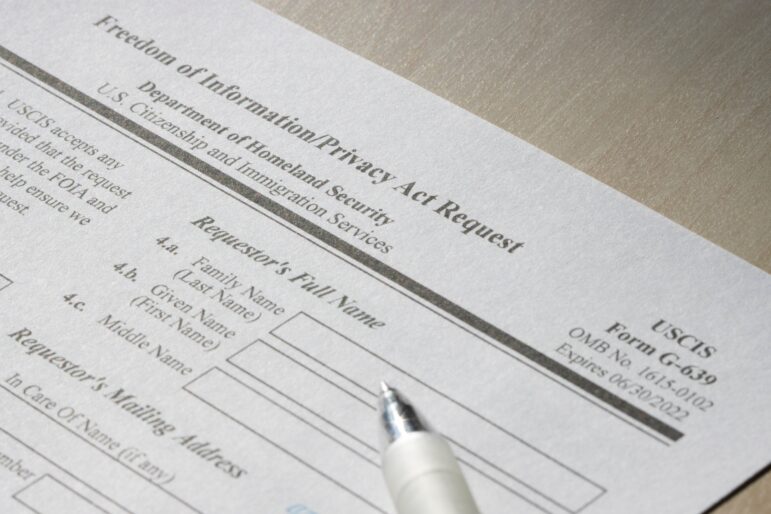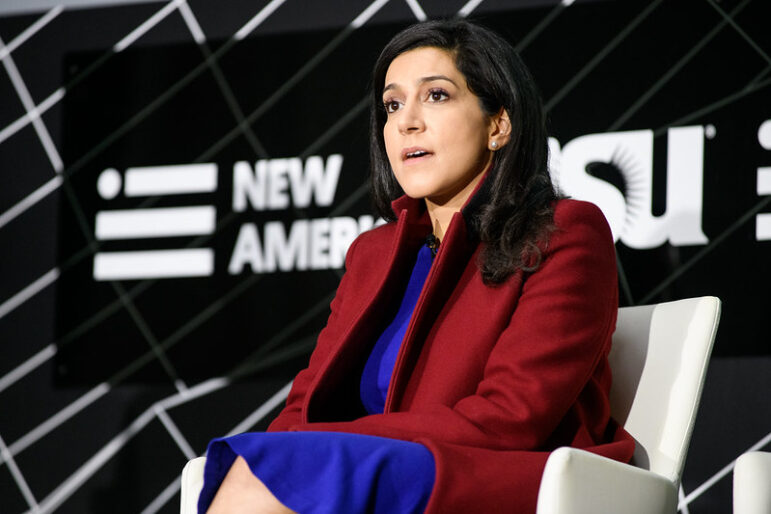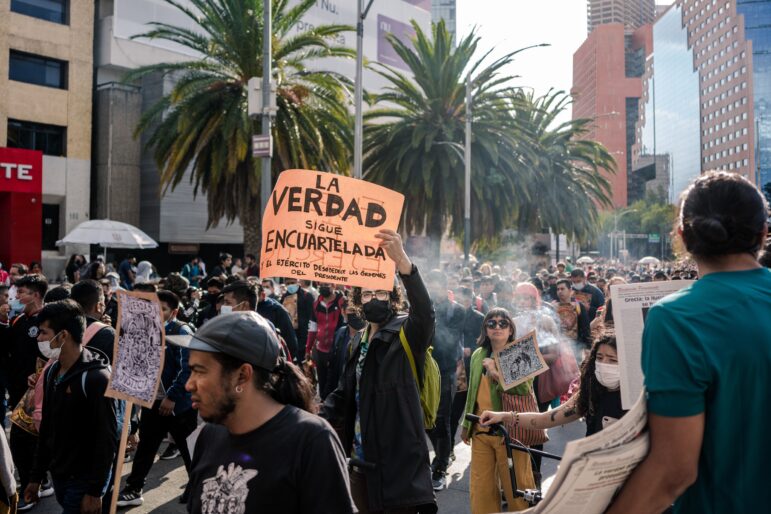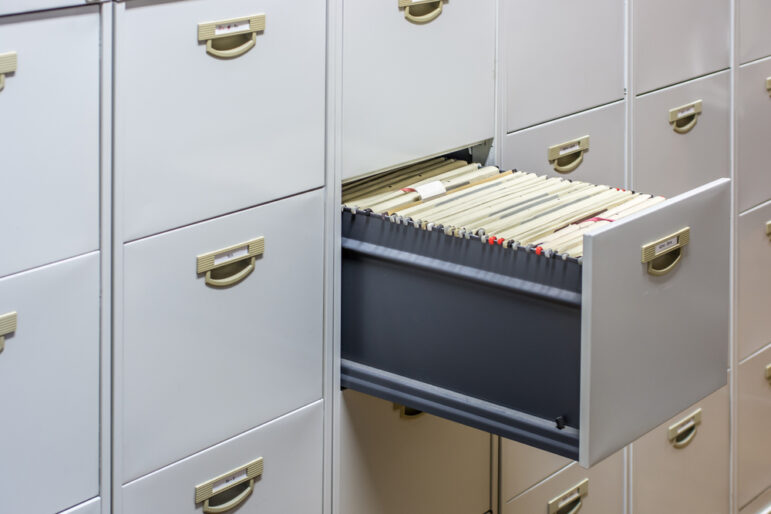
News & Analysis
The Case for Free Access to FOIA-Based Public Documents Reporting
Full, unpaywalled access to public records reporting is not only good for democracy, it can increase reader trust and bolster sustainability.

Full, unpaywalled access to public records reporting is not only good for democracy, it can increase reader trust and bolster sustainability.

With a little research and negotiation, reporters can slash the cost of obtaining records bundles and speed up the government’s response in the process.

Azmat Khan is known for her rigorous reporting on civilian casualties from US airstrikes, and for exposing systemic failures in military and government accountability.
This reporting guide is designed for journalists worldwide — so they can research and produce compelling stories on how countries and companies seek to exert influence abroad.

For decades, the work of INAI helped investigative reporters uncover hidden truths. They fear its abolition will hinder exposés on corruption and human rights abuses.

Newsrooms across Africa have established formal, right-to-information help desks that leverage government document requests for public accountability and watchdog reporting.

Investigative journalists who have gone undercover in Nigeria, Ghana, Liberia, Cameroon, and Kenya share advice and practical tips.

Smaller investigative news outlets have been behind challenging and impactful accountability reporting leading up to the country’s elections.

Many reporters rely on FOIA requests and RTI legislation for their investigations. But how do you take these requests to the next level?
More than half of the world’s countries have laws that require officials to supply public documents on request. These laws offer valuable windows for reporters, even for those outside of a country’s borders. But there are almost always tricks to targeting and expediting these disclosures, and this panel brings deep experience in how to do […]